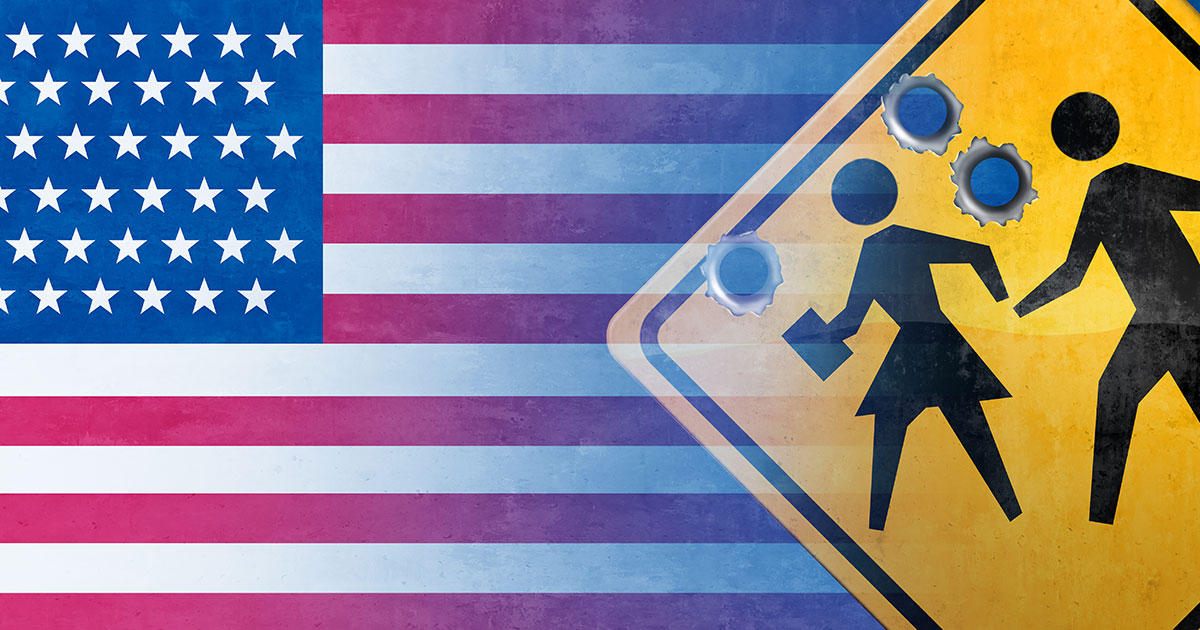Not Every Eviction Matter Requires an Attorney

If you read the November 2023 Wisconsin Lawyer article, “Civil Legal Aid: $176 Million Impact,” you should also read some dissenting views on the topic of evictions in the Fall 2023 issue of the Marquette Lawyer: “Eviction – So Simple, So Complex, So Human.” It extensively examines the eviction defense legal services provided by Legal Action of Wisconsin and the Legal Aid Society of Milwaukee. I am the attorney for the Rental Property Association of Wisconsin, Inc. (RPA) and serve as a lobbyist for rental property owners. I shared my 40 years of experience as a lawyer and sometime landlord with Alan J. Borsuk, one of the authors.
There’s no doubt about the many positive societal effects that civil legal aid provides – helping a domestic violence victim file for a restraining order, for example. And of course, I am not saying that a low-income tenant served with an eviction summons shouldn’t have access to free legal counsel. However, the comment by WisTAF consultant Alex Gulotta in the Wisconsin Lawyer article that “stopping an eviction is a big deal” is misleading because it implies that tenants often have defenses to an eviction that they need a lawyer’s help to assert. Actually, over 90% of evictions are filed for nonpayment of rent, as shown in a comprehensive study (https://aasew.org/aasew-eviction-study) that the RPA did of all 1,101 residential evictions filed in Milwaukee County in December 2019. Many other academic studies of evictions make the same finding. What defense counsel can do in most of these nonpayment cases is stop an evictionjudgment from being entered (for example, via a dismissal stipulation by the landlord giving the tenant two more weeks to move), but counsel cannot stopthe tenant from becoming unhoused – with all the detrimental personal and societal consequences Gulotta correctly cites.
The Marquette Lawyer article cited a July 2023 Stanford Law Review Online article, “Lawyers Aren’t Rent,” by two law professors who are tenant advocates.
Here’s their view: “Most low-income tenants facing eviction do not need a lawyer. They need rent money. … If we want to reduce evictions, tenant lawyers are not the best tool. Rental assistance could resolve, or even avoid the filing of, most eviction cases.”
The authors said that the $46 billion in federal funds made available during the height of the COVID pandemic to help people who otherwise would have been facing eviction showed how much increased rental aid could reduce eviction problems. They called the movement to provide every tenant a lawyer in eviction proceedings “misguided.”
Heiner Giese
Milwaukee
We Want to Hear from You! Submit a Letter to the Editor
Wisconsin Lawyer provides a forum for members to express ideas, concerns, and opinions on law-related subjects. Send comments to wislawyer@wisbar.org (include “Letters” in the subject line), or mail to Wisconsin Lawyer “Letters,” P.O. Box 7158, Madison, WI 53707-7158. Limit to 500 words. Writing guidelines available.
Connect With Us Online. Post comments to articles
online, and find us on Facebook, Twitter, LinkedIn, Instagram, and YouTube.
Strict Liability Could Resolve Cost of Gun Violence Inflicted on Unarmed Victims

Fifty-six years ago, the Wisconsin Supreme Court, as a leader in the law, adopted strict product liability as a new legal theory, adopted as a matter of public policy to alleviate the injustice of denying relief to consumers injured by defective products. The court believed that justice would be served by transferring the cost of harm caused by defective products to product sellers, who could spread the cost over all products sold. Following our court’s lead, most U.S. jurisdictions enacted similar product liability laws. As a consequence, we transitioned to a country where our products are now among the safest in the world.
Today, another injustice exists. Gun violence in our country is rampant. Persons injured by gun violence are routinely denied relief for the harm inflicted upon them. While the perpetrators of such harm may be criminally punished, compensation is rarely provided to the victims. Victims, and society at large, are left to deal with the harm themselves.
Strict liability could solve our gun violence problem. A law imposing liability on a gun manufacturer for harm inflicted upon an unarmed individual by another’s discharge of a firearm would alleviate the injustice caused to the victim and society at large. Firearm discharges related to law enforcement and home invasions could be excluded. The law would transfer the cost of the gun violence problem to the gun manufacturers. The cost of new guns would rise. 12-gauge shotguns would become slightly more expensive. AR-15s and 9mm handguns would eventually become so expensive that only the wealthy could afford them.
Gun manufacturers would promote new criminal-type gun control legislation to limit their new civil liability risk. They would promote laws permitting them to recoup their new liability from persons only remotely connected to the act of gun violence.
Strict liability legislation would operate as an economic solution to our gun violence problem. Unlike criminal-type gun control laws, it would not contravene the U.S. Constitution’s Second Amendment right to bear arms. Everyone could continue to purchase whatever type gun they wished – although some types of guns, the most dangerous ones, would become extraordinarily expensive. A strict liability law would be victim enforced without a need for government funding.
Unfortunately, since 2005, the Protection of Lawful Commerce in Arms Act has afforded broad civil liability immunity to gun manufacturers. The gun industry and our U.S. Congress are too strongly bonded today to permit repeal of the immunity. But, a time is coming, maybe not soon, but eventually, when a worsening of our nation’s gun violence problem and the occurrence of an incident of mass gun violence more tragic than any Sandy Hook, Parkland, Las Vegas, or Uvalde will weaken the bond and permit repeal of the civil liability immunity. Then, once again, Wisconsin can become a leader in the law and enact a strict liability solution to our gun violence problem. As a country, we will then begin our transition from having one of the worst records on gun violence to having one of the best.
Gerry Harmon
Retired Wisconsin attorney
» Cite this article: 97 Wis. Law. 7-8 (January 2024).
